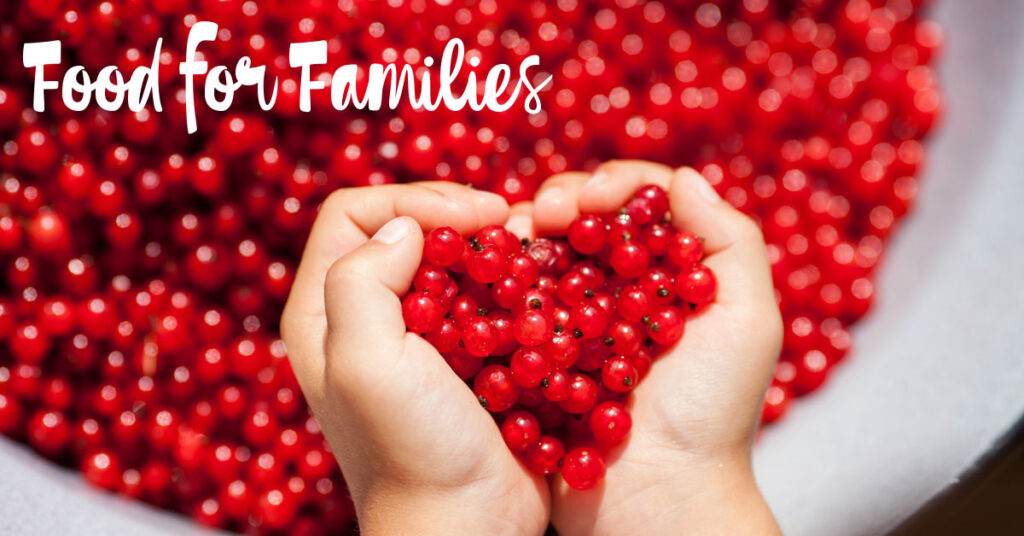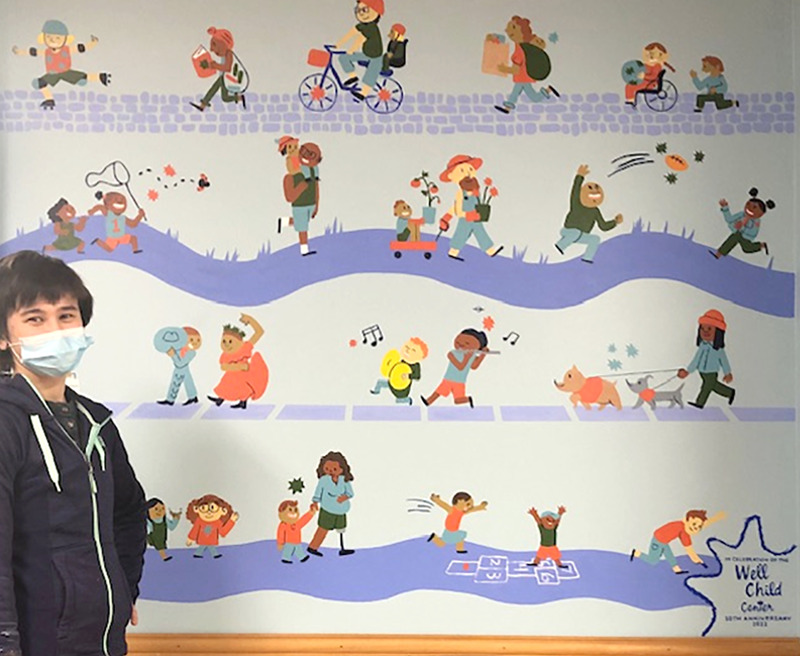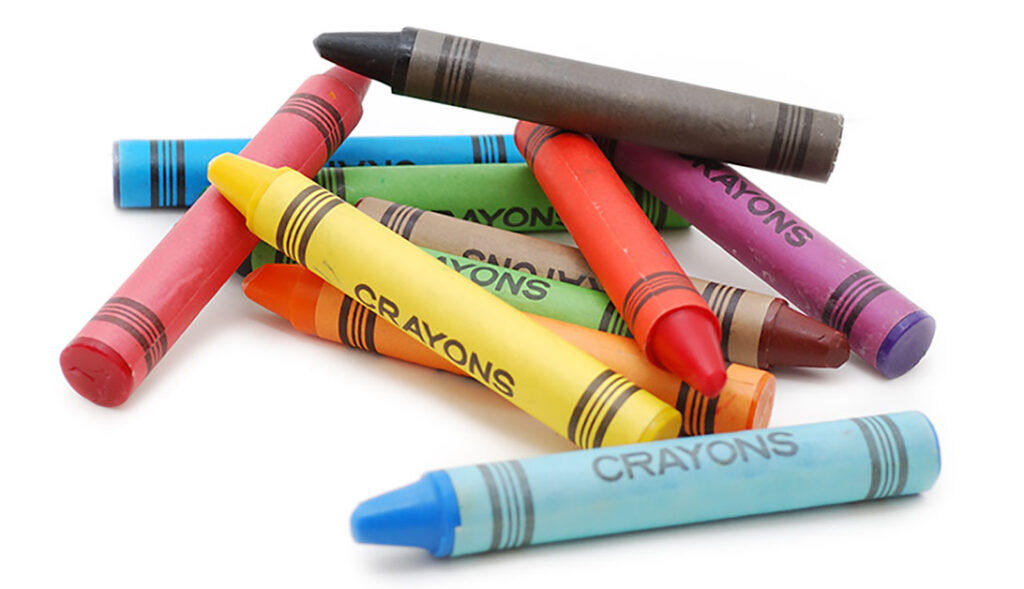Well Child Center is excited to share information about its Brighter Smiles, Brighter Community initiative! Through this initiative, Well Child Center is teaming up with School District U-46 and local partners to boost children’s oral health in Elgin and surrounding areas.
Good oral health is key to children’s overall well-being, school attendance, and academic success. But for many families, getting the dental care they need isn’t easy. With support from the CareQuest Institute for Oral Health, Well Child Center has partnered with School District U-46 and other state and local organizations to break down barriers and help children in our community keep their smiles shining bright!
Here’s what we’re doing…
- Listening to families. Surveying parents/guardians to better understand the challenges they face in caring for their children’s teeth.
- Providing education. Delivering fun, interactive sessions on oral health for District U-46 students—and giving out free dental hygiene kits!
- Creating helpful resources.
- List of local dental clinics that treat children and accept Medicaid
- Information about Well Child Center’s services for children with special needs
- Flyer showing the impact of substance use on oral health
- Infographics to educate families, community members, and policymakers on the importance of oral health
- Social media posts and flyers reminding families of the Illinois school dental exam deadline—May 15
Together, we’re creating a healthier, stronger Elgin—one smile at a time!






